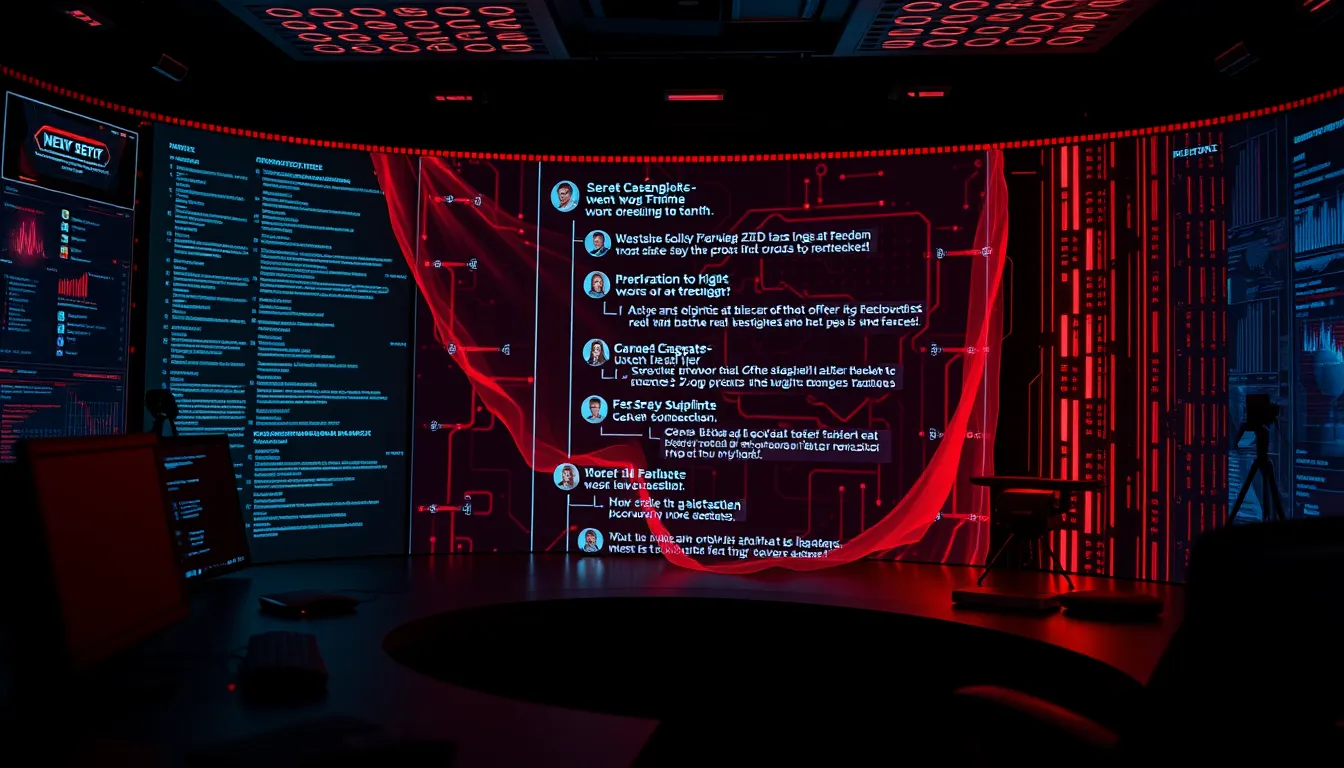Now Reading: Overcoming AI Porn Addiction: A Path to Recovery
-
01
Overcoming AI Porn Addiction: A Path to Recovery
Overcoming AI Porn Addiction: A Path to Recovery

Overcoming AI Porn Addiction: A Path to Recovery
In today’s digital era, the phenomenon of AI porn addiction has emerged as a pressing concern. With rapid advancements in technology, individuals find themselves entangled in the seductive allure of AI-generated pornography. This article takes you on an in-depth examination of AI porn addiction, combining personal narratives with expert insights to illuminate the recovery journey and the broader impacts on mental health and relationships.
Understanding AI Porn Addiction
AI porn addiction is a form of digital dependency where individuals become excessively reliant on AI-generated content. The hyper-realistic nature of this content can lead to compulsive behaviors and contribute to technology addiction. The allure of AI-generated pornography lies in its ability to stimulate the brain through hyper-real visuals, creating a loop of digital excess and well-being challenges.
The Rise of AI-Generated Pornography
Over the past few years, the production and consumption of AI-generated pornography have skyrocketed. As the technology becomes more sophisticated, its impact on personal behavior cannot be ignored. Here are some critical points on the rise of this digital addiction:
- The creation of hyper-realistic content that mimics human behavior.
- The ease of access via smartphones and other digital devices.
- The transformation of traditional pornography into a highly immersive digital experience.
These factors contribute to technology addiction, pushing individuals into a cycle where the line between digital fantasy and reality begins to blur.
Digital Addiction Recovery and Its Challenges
Recovery from AI porn addiction is not merely about overcoming a habit; it is a comprehensive journey towards reclaiming control over one’s life. The process involves:
- Recognizing the problem and understanding the triggers.
- Seeking professional help, including counseling and therapy, to gain insights into digital excess and well-being.
- Establishing boundaries by reducing screen time and finding healthier alternatives.
For those seeking recovery resources, reputable organizations such as the American Psychological Association (APA) offer valuable guidance on managing technology addiction.
Ethical Implications of AI in Pornography
The ethical implications of AI in pornography extend far beyond individual addiction. As AI continues to evolve, it raises questions about consent, exploitation, and the objectification of human behaviors. The technology behind AI porn addiction challenges existing norms and calls for a broader discussion on digital ethics. Researchers and ethicists are examining:
- The impact of AI on societal values and human connection.
- The blurred distinction between fantasy and reality.
- The potential risks to mental health in the face of relentless digital stimulation.
By confronting these ethical dilemmas, society can better understand the dual-edged nature of technological innovation. It is essential to maintain a balance that safeguards personal relationships and societal norms while embracing digital advancements.
Confessions of a Recovering AI Porn Addict: A Personal Journey
One of the most compelling aspects of this discussion comes from personal confessions of a recovering AI porn addict. These narratives offer raw, unfiltered insights that serve as both a warning and a beacon of hope. The personal journey often begins with initial curiosity, escalates into compulsive behavior, and eventually evolves into a courageous battle for recovery.
The personal account highlights several recurring themes:
- The struggle to break free from digital dependency.
- The realization of the negative impact on relationships and overall well-being.
- The importance of seeking help and building a support network.
Finding Balance in a Digital World
Achieving recovery from AI porn addiction requires a holistic approach. Apart from professional therapy, self-help strategies play a critical role. Techniques such as digital detox, mindfulness, and setting strict screen time limitations help restore balance. Embracing hobbies, physical exercise, and face-to-face interactions are essential to counteract the isolating effects of digital addiction.
Furthermore, societal awareness and education about the dangers of unchecked technology use are crucial. Organizations, communities, and policymakers must work together to promote healthier digital consumption habits. Offering resources, promoting open discussions about mental health, and creating safe spaces for technology users could further aid those on the recovery journey.
Conclusion: Embracing Recovery and Ethical Digital Use
In conclusion, the challenge of overcoming AI porn addiction underscores the profound impact of modern technology on personal relationships and mental health. The narrative surrounding AI porn addiction is multifaceted, involving ethical questions, personal courage, and a public call to balance digital consumption. By recognizing the potential dangers of AI-generated pornography and taking measurable steps towards recovery, individuals can reclaim control over their lives. This journey, though challenging, promises renewed well-being and a deeper understanding of how technology should be harmoniously integrated into our lives.
As we reflect on these insights, remember that seeking help and embracing healthier habits is the first step towards recovery. The world of technology offers immense benefits, but it is up to us to set boundaries and protect our personal well-being. Explore more about managing technology addiction through trusted sources like the APA, and join the conversation on ethical AI usage to build a better digital future for everyone.

























